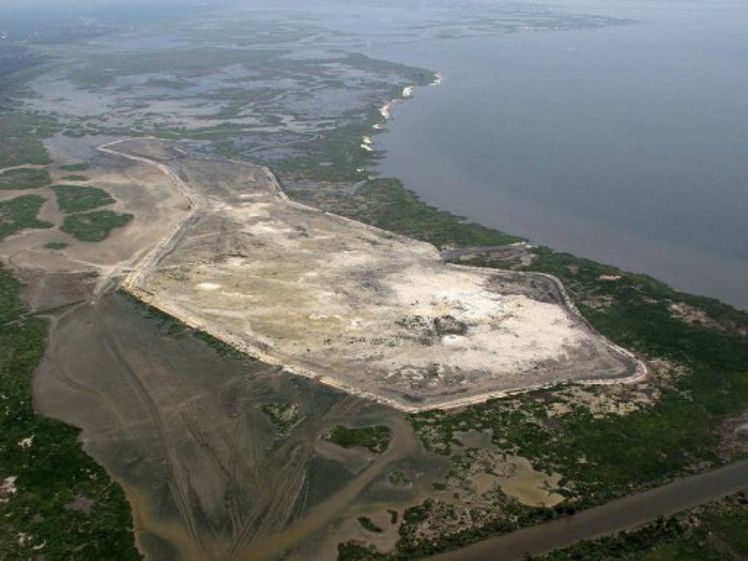
Republished From from The Times-Picayune
With Restore money, Louisiana should strengthen coast and provide job training: Patrick A. Barnes
From oiled marshes and decreased oyster harvests to rising poverty rates and loss of livelihoods, Louisiana has suffered in many ways from the 2010 Deepwater Horizon oil spill. Soon, we will have a chance to repair and restore both our environment and our economy, as the Restore Act sends billions of dollars in Clean Water Act fines to the Gulf Coast states.
In a number of places across the coast, the debate of how to invest this money has pitted the economy against the environment. But instead of debating false choices, why not aim to pursue both? It’s actually a simple proposition: We can create new job and business opportunities by focusing on restoring our coastal and marine ecosystems.
I’m proud to join a diverse group of business leaders from across the Gulf Coast — from the Florida Panhandle to the coast of Texas — who agree that we need to strengthen our region’s traditional industries and create new opportunities by focusing on repairing our coastal environment. More than 120 companies, operating in more than 800 locations and generating more than $20 billion in annual revenues, delivered a letter to the five Gulf Coast governors to say that a healthy ecosystem is a key to driving private sector job growth and future prosperity and fostering economic mobility.
Louisiana, under the leadership of the Coastal Protection and Restoration Authority (CPRA), deserves significant credit for connecting the dots between a healthy coastline and a stronger economic and cultural future. The Louisiana Coastal Master Plan, the result of much hard work and the support of the Legislature, will invest the funds from the spill to advance this work. That represents a model for other states along the coast.
Restoring our coastal treasures can help tackle many economic goals, including drawing more visitors, promoting thriving fisheries and making our communities more resilient in the face of future storms and sea level rise. Projects like barrier island restoration, marsh creation or oyster reef construction create a demand for a wide variety of private sector companies in the engineering, construction, transportation and manufacturing sectors.
As the president of a regional engineering firm with offices in New Orleans, I’ve seen first-hand what Louisiana’s commitment to coastal restoration means for this growing industry and for workers. One in 12 construction jobs in Louisiana is tied to coastal restoration, according to the Louisiana Workforce Commission. Studies have found ecosystem restoration projects create between 17 and 36 jobs for every million dollars invested. These jobs run the gamut from coastal engineers and geologists to boat captains, welders and equipment operators.
In the state’s master plan, our state’s leadership has acknowledged the opportunity in these restoration jobs and expressed support for helping local workers gain the skills necessary to do them. This is the kind of integrated thinking we need. Many communities face significant economic obstacles; the region has suffered a sharp jump in poverty since the 2010 oil spill, and the decimation of the seafood industry has meant a serious loss of livelihoods. As a founder of the nonprofit Limitless Vistas Inc., I’ve worked for 20 years with disadvantaged and low income youth, giving them the skills necessary to get access to new, good-paying jobs in the environmental field. Many of these jobs do not require a four-year degree and are well suited for short-term applied and on-the-job training opportunities.
Similarly, business leaders across Louisiana and the region who supported this letter believe that our restoration plans could benefit from including efforts to prepare local, low income and disadvantaged workers for these new restoration jobs.
We have a chance to bring industry, communities and training institutions together to identify the necessary skill sets and training programs to prepare our state’s workforce to conduct future restoration projects. Investing even a modest portion of Restore Act funds in this way can help address both the economic and environmental challenges and opportunities we face as a state and a region.
Patrick A. Barnes is a professional geologist, president of BFA Environmental and founder of Limitless Vistas Inc., a New Orleans-based nonprofit preparing at-risk youth for environmental jobs.





































































